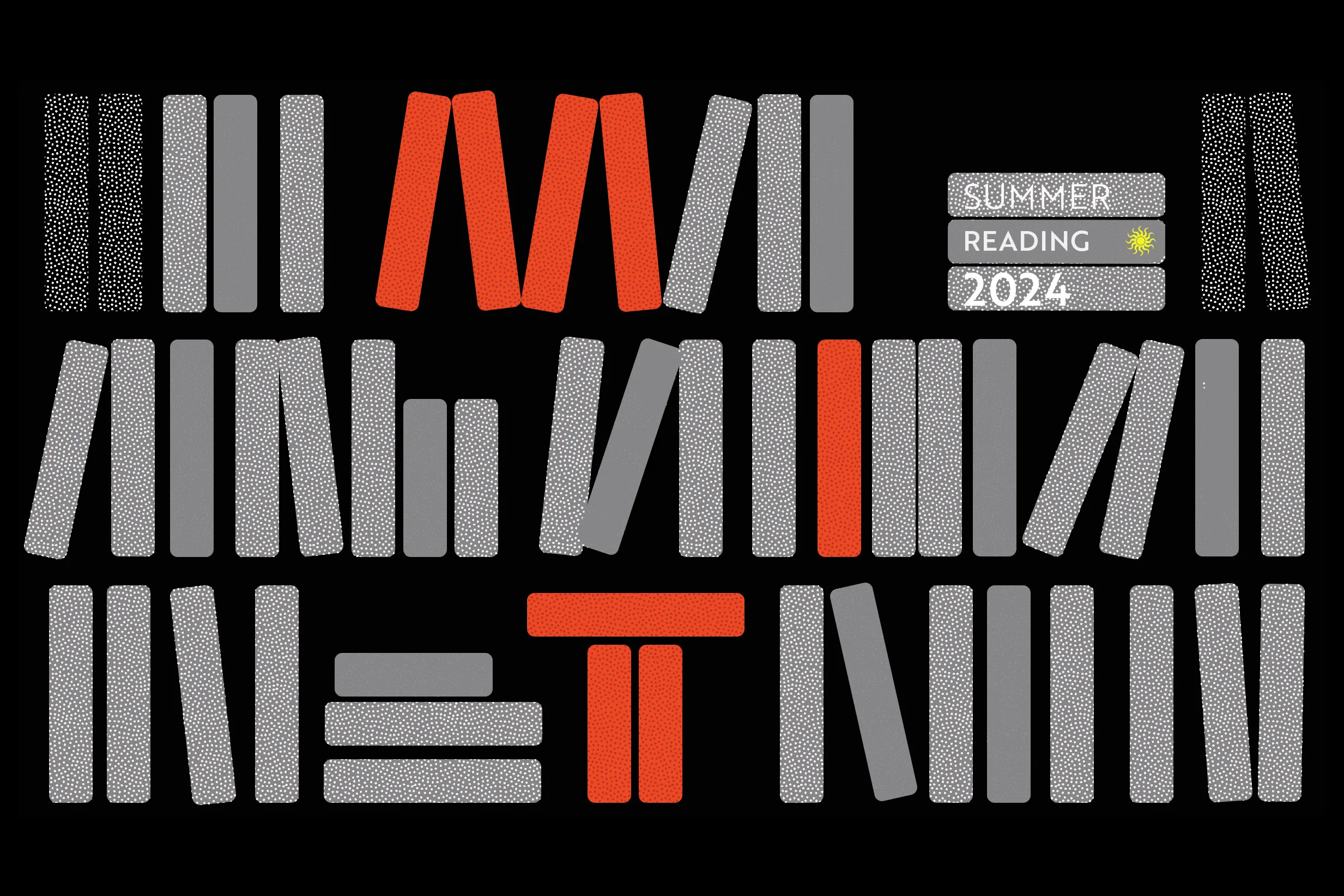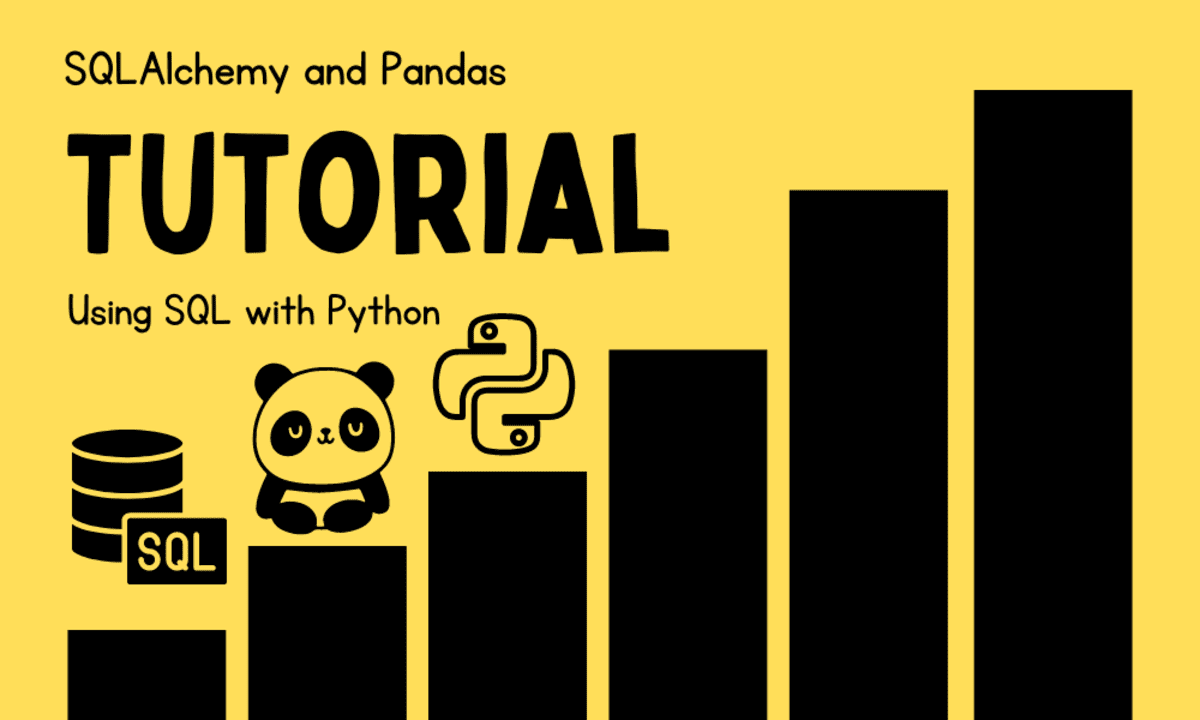Over the past year, MIT faculty and staff have made significant literary contributions, publishing a diverse array of books, chapters, and other works. Below are some of the notable titles released in the last 12 months.
Looking for more literary works from the MIT community? Check out our book lists from 2023, 2022, and 2021.
Happy reading!
Novel, Memoir, and Poetry
“Seizing Control: Managing Epilepsy and Others’ Reactions to It — A Memoir” (Haley’s, 2023)
By Laura Beretsky, grant writer in the MIT Introduction to Technology, Engineering, and Science (MITES) program
Laura Beretsky’s memoir, “Seizing Control,” chronicles her experiences with epilepsy, discrimination, and a significant surgical procedure aimed at reducing her seizures. After undergoing two surgeries, she has been seizure-free for eight years, although she acknowledges that epilepsy will always be a part of her life.
“Sky. Pond. Mouth.” (Yas Press, 2024)
By Kevin McLellan, staff member in MIT’s Program in Art, Culture, and Technology
Kevin McLellan’s poetry collection explores the fluid boundaries between the animate and inanimate world, using chiseled line breaks and meta-poetic elements. His poems invite readers to imagine beyond the book’s margins and the screen’s grow light.
Science and Engineering
“The Visual Elements: Handbooks for Communicating Science and Engineering” (University of Chicago Press, 2023 and 2024)
By Felice Frankel, research scientist in chemical engineering
Felice Frankel’s “Visual Elements” series provides guidance on scientific visual communication, focusing on photography and design. The books aim to help scientists and engineers present their work clearly and appealingly while maintaining scientific integrity.
“A Book of Waves” (Duke University Press, 2023)
By Stefan Helmreich, professor of anthropology
Stefan Helmreich’s book examines ocean waves as media that convey ecological, geopolitical, and climatological information. Through ethnographic work with oceanographers and coastal engineers, he explores how scientists understand and describe waves’ materiality.
“An Introduction to System Safety Engineering” (MIT Press, 2023)
By Nancy G. Leveson, professor of aeronautics and astronautics
Nancy G. Leveson’s book covers the history of safety engineering, risk, ethics, legal frameworks, and policy implications. It examines well-known accidents like the Challenger and Columbia space shuttle disasters, offering insights into preventing similar incidents in the future.
“Solvable: How We Healed the Earth, and How We Can Do It Again” (University of Chicago Press, 2024)
By Susan Solomon, the Lee and Geraldine Martin Professor of Environmental Studies and Chemistry
Susan Solomon argues that we have solved planet-threatening problems before and can do so again. Drawing from her experience leading a 1986 expedition to Antarctica, she connects past environmental victories to current challenges.
Culture, Humanities, and Social Sciences
“Political Rumors: Why We Accept Misinformation and How to Fight It” (Princeton University Press, 2023)
By Adam Berinsky, professor of political science
Adam Berinsky examines why political rumors persist despite being unsubstantiated and refuted. He explores who is most likely to believe these rumors and how to combat them, emphasizing the importance of targeting the undecided and uncertain.
“Laws of the Land: Fengshui and the State in Qing Dynasty China,” (Princeton University Press, 2023)
By Tristan Brown, assistant professor of history
Tristan Brown’s “Laws of the Land” explores the legal roles of fengshui in Chinese society during the Qing dynasty. Using newly available archives, he documents fengshui’s invocations in Chinese law.
“Trouble with Gender: Sex Facts, Gender Fictions” (Polity, 2024)
By Alex Byrne, professor of philosophy
Alex Byrne challenges prevailing ideas about sex and gender, advocating for a reasoned and civil conversation on the topic. He argues that some concepts have not been properly examined by philosophers.
“Life at the Center: Haitians and Corporate Catholicism in Boston” (University of California Press, 2024)
By Erica Caple James, professor of medical anthropology and urban studies
Erica Caple James traces how faith-based and secular institutions in Boston have helped Haitian refugees and immigrants achieve economic independence, health, security, and citizenship. Her work exposes how Catholic corporations have both strengthened and eroded Haitians’ civic power.
“Portable Postsocialisms: New Cuban Mediascapes after the End of History” (University of Texas Press, 2024)
By Paloma Duong, associate professor of media studies/writing
Paloma Duong examines Cuban socialism’s enduring appeal and the influence of capitalist markets on Cuba’s national imagination. She uses a vast multimedia archive to offer a cultural interpretation of Cuban postsocialism.
“They All Made Peace — What Is Peace?” (University of Chicago Press, 2023)
Chapter by Lerna Ekmekcioglu, professor of history and director of the Program in Women’s and Gender Studies
Lerna Ekmekcioglu’s chapter discusses the Treaty of Lausanne’s significance for Armenians. She uses new research to reconstruct the treaty negotiations, highlighting Armenians’ struggles and the international community’s inconsistent support for multiethnic, multireligious states.
“We’ve Got You Covered: Rebooting American Health Care” (Portfolio, 2023)
By Amy Finkelstein, professor of economics, and Liran Einav
Amy Finkelstein and Liran Einav argue that the American health insurance system needs a complete overhaul. They propose tearing down the existing system and rebuilding it sensibly and deliberately.
“At the Pivot of East and West: Ethnographic, Literary and Filmic Arts” (Duke University Press, 2023)
By Michael M.J. Fischer, professor of anthropology and of science and technology studies
Michael M.J. Fischer examines documentary filmmaking and literature from Southeast Asia and Singapore, applying anthropological thinking to the creative arts. He explores how art and fiction trace changes in common sense over time.
“Lines Drawn across the Globe” (McGill-Queen’s University Press, 2023)
By Mary Fuller, professor of literature and chair of the faculty
Mary Fuller traces the history of Richard Hakluyt’s 2,000-page collection of travel narratives, royal letters, ships’ logs, maps, and more. She provides order and meaning to its diverse contents, offering a conceptual map of the world’s regions and England’s relations to them.
“The Rise and Fall of the EAST: How Exams, Autocracy, Stability, and Technology Brought China Success, and Why They Might Lead to Its Decline” (Yale University Press, 2023)
By Yasheng Huang, the Epoch Foundation Professor of International Management and professor of global economics and management
Yasheng Huang argues that restrictions on economic and political freedom have historically led to economic stagnation in China. He suggests that without collaboration, Chinese technological progress will slow down dramatically.
“The Long First Millennium: Affluence, Architecture, and Its Dark Matter Economy” (Routledge, 2023)
By Mark Jarzombek, professor of the history and theory of architecture
Mark Jarzombek’s book argues that long-distance trade in luxury items played a foundational role in the creation of global trade in the first millennium CE. He coins the term “dark matter economy” to describe this complex relationship.
“World Literature in the Soviet Union” (Academic Studies Press, 2023)
Chapter by Maria Khotimsky, senior lecturer in Russian
Maria Khotimsky’s chapter examines Vsemirnaia Literatura, an early Soviet publishing house that advanced an innovative canon of world literature. She analyzes the publishing house’s views on translation and its adaptation to changing socio-cultural norms.
“Dare to Invent the Future: Knowledge in the Service of and Through Problem-Solving” (MIT Press, 2023)
By Clapperton Chakanetsa Mavhunga, professor of science, technology, and society
Clapperton Chakanetsa Mavhunga argues that critical thinkers must become thinker-doers. He looks for moments in Africa’s history where critical thought and knowledge in service of problem-solving are evident, inspiring readers to invent a new knowledge system.
“Death, Dominance, and State-Building: The US in Iraq and the Future of American Military Intervention” (Oxford University Press, 2024)
By Roger Petersen, the Arthur and Ruth Sloan Professor of Political Science
Roger Petersen provides a comprehensive analytic history of post-invasion Iraq. He argues that the course and conduct of the conflict are poorly understood and offers lessons relevant to future American military interventions.
Technology, Systems, and Society
“Code Work: Hacking Across the U.S./México Techno-Borderlands” (Princeton University Press, 2023)
By Héctor Beltrán, assistant professor of anthropology
Héctor Beltrán examines Mexican and Latinx coders’ strategies of self-making in a transnational tech economy. He shows how these hackers apply coding concepts to their daily lives, navigating the economy, culture, and geopolitics.
“Unmasking AI: My Mission to Protect What is Human in a World of Machines” (Penguin Random House, 2023)
By Joy Buolamwini SM ’17, PhD ’22, member of the Media Lab Director’s Circle
Joy Buolamwini’s “Unmasking AI” tells the story of her discovery of “the coded gaze” — encoded discrimination and exclusion in tech products. She highlights how racism, sexism, colorism, and ableism overlap, making broad swaths of humanity vulnerable in an AI-driven world.
“Counting Feminicide: Data Feminism in Action” (MIT Press, 2024)
By Catherine D’Ignazio, associate professor of urban science and planning
Catherine D’Ignazio’s book brings attention to data activists documenting feminicide and challenging traditional data science by centering care, memory, and justice in their work.
“Rethinking Cyber Warfare: The International Relations of Digital Disruption” (Oxford University Press, 2024)
By R. David Edelman, research fellow at the MIT Center for International Studies
R. David Edelman provides a fresh understanding of the role digital disruption plays in international security, drawing insights from his experience as a leading practitioner.
“Model Thinking for Everyday Life: How to Make Smarter Decisions” (INFORMS, 2023)
By Richard Larson, professor post-tenure in the Institute for Data, Systems, and Society
Richard Larson encourages readers to develop critical thinking skills through model thinking, using conceptual and mathematical tools to make better decisions.
“Future[tectonics]: Exploring the intersection between technology, architecture and urbanism” (Parametric Architecture, 2024)
Chapter by Jacob Lehrer, project coordinator in the Department of Mathematics
Jacob Lehrer discusses inherent biases in large data sets used to train AI algorithms and the need for society to reconcile with these biases.
“Music and Mind: Harnessing the Arts for Health and Wellness” (Penguin Random House, 2024)
Chapter by Tod Machover, the Muriel R. Cooper Professor of Music and Media; Rébecca Kleinberger SM ’14, PhD ’20; and Alexandra Rieger SM ’18, doctoral candidate in media arts and sciences
In their chapter, the co-authors discuss their approach to combining scientific research, technology innovation, and new composing strategies to create music that can delight and heal.
“The Heart and the Chip: Our Bright Future with Robots” (W. W. Norton and Company, 2024)
By Daniela Rus, the Andrew and Erna Viterbi Professor of Electrical Engineering and Computer Science and director of the Computer Science and Artificial Intelligence Laboratory; and Gregory Mone
Daniela Rus and Gregory Mone provide an overview of robotics, AI, and machine learning, arguing that robots will make us more capable, productive, and precise rather than stealing our jobs.
Education, Business, Finance, and Social Impact



